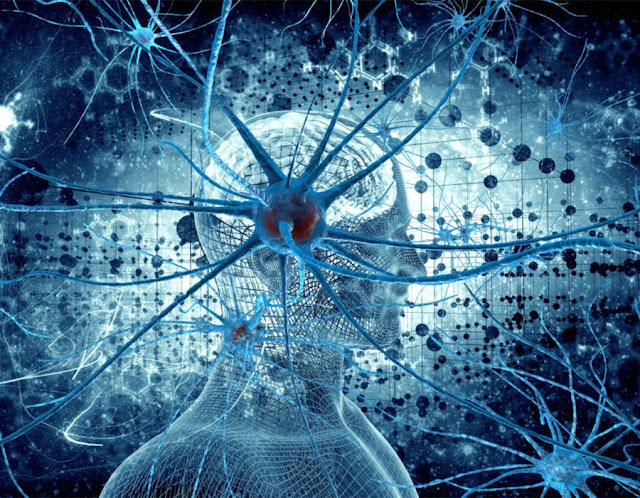Banshee - Irish Mythology

What is a Banshee? It’s a dark night in Ireland, and the forests are filled with mist. A bloodcurdling wail slices open the silence—and it is followed by more cries. You might think that the anguished cries are coming from a dying person, and in a way, you would be right. These are the cries of the ghostly Banshee, meant as a warning that death approaches. Physical Description Despite their good intentions, Banshees don’t look like the friendliest of creatures! They can appear as withered old hags or supernaturally beautiful women. They wear shadowy grey cloaks or silvery shrouds over red or green dresses. Their hair, which can be red or a pale color that “shimmers like wildfire,” is long and windblown. And their eyes are always inflamed from weeping. The Scottish bean nighe , which are often considered Scottish banshees, can be identified by a few unusual signs: their breasts droop, they have only one nostril, and their feet are webbed like a duck. Personali...





